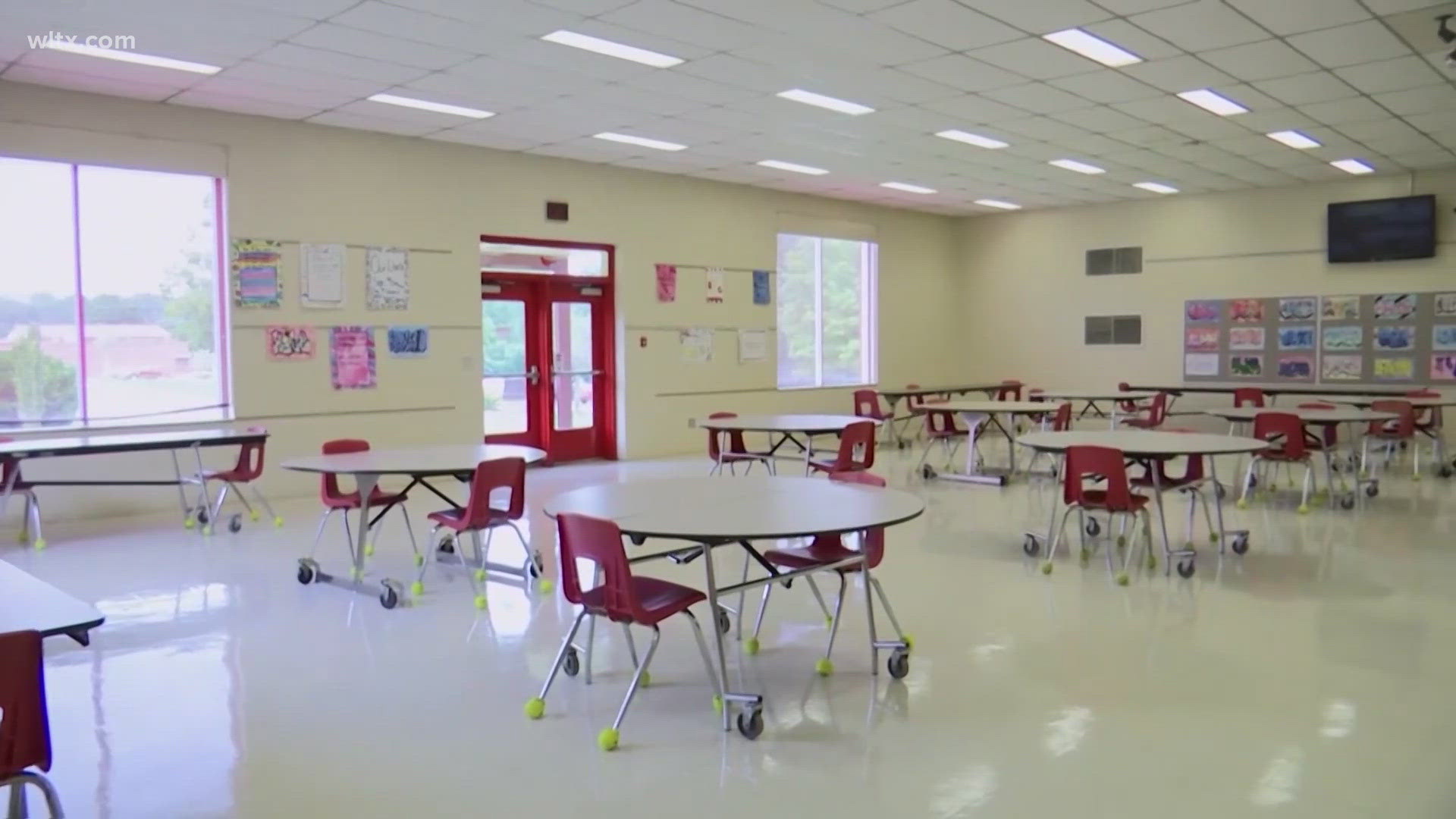COLUMBIA, S.C. — Lawmakers are working to revise a program that provides education scholarships-- known as "private school vouchers" after it was struck down by the South Carolina Supreme Court. Supporters of the revised bill propose using money from the state’s Education Lottery to fund the program.
During two committee meetings on Tuesday, Senate Education Committee Chairman Greg Hembree, R-Horry, said the proposal would just “move money around" by taking programs that are currently funded by the Lottery.
The rewritten bill would allow up to 15,000 students to receive scholarships. The funding would be based on the average amount the state spends per public school student in the previous year. Additionally, the new version expands eligibility requirements. Starting in 2027, families earning up to 600% of the federal poverty line—around $187,000 for a family of four in 2024—would qualify.
Lawmakers disagree on Constitutionality
The Supreme Court ruled public dollars can't go to private school. Since Education Lottery money isn't taxypayer funded and is appropriated by the General Assembly but not a part of the General Fund, Hembree argues they can be used for the voucher program.
"The Supreme Court has previously allowed the use of lottery money for private education, distinguishing it from general fund money. The court seems to find some distinction there." said Hembree.
The Education Lottery funds programs like the state's Hope and LIFE scholarships for higher education. Hembree says there are many programs the lottery funds that don't go to private institutions. The proposal would move those those programs over to be funded by the General Fund. Since they don't go to private schools, he says they wouldn't face opposition the way vouchers did.
But opponents were unsure that the Lottery programs wouldn't be effected.
"So if we're taking the money out of the scholarship, the the Higher Education Scholarship, the hope life, and we're supplanting those dollars with these we're putting those monies into the general fund. Now is that the is, and how is, if we do that, how's that not gonna be a problem for those funds?" said Sen. Brad Hutto, D-Orangeburg.
Hutto also pushed back on the Constitutionality of the program, suggesting that if lawmakers insist on continuing to provide private school vouchers, they add an amendment to the ballot for voters to decide if they want to alter the Constitutional provision that says public money can't go to private schools.
Lawmakers plan to expedite the bill
Hembree told lawmakers that today's meeting would be the final Committee discussion on the bill, as he wants to take it up on the first day of legislative session next week
“There are real people whose lives are being affected. They don’t know which way they’re going to go with their educational life until we act,” said Hembree.
He says there are parts of the bill that he'd be open to amendments, including the 600% poverty requirement, but those discussions will have to happen on the Senate floor.
Critics argue the 600% is almost universal, meaning the scholarships won't only go to low income families. They say the plan benefits families who can already afford private school tuition.
“Every student will be eligible for this money. Three years from now, we’re going to be writing a check from the state treasury for $1.6 million to private schools in your district, and that money could have gone to your public schools,” Hutto said.

